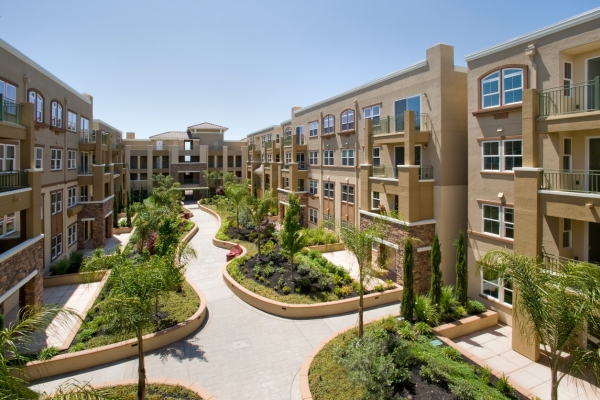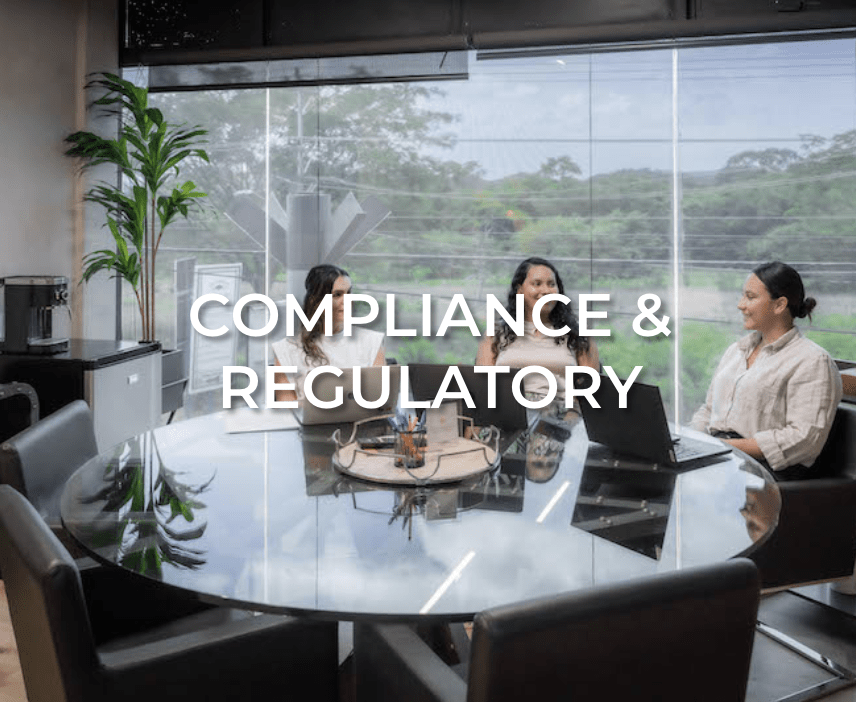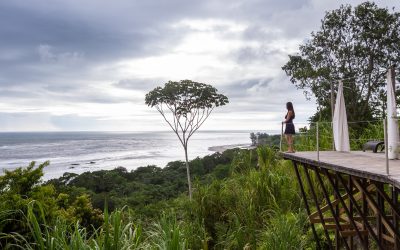

The Process Of Registering A Condominium In Costa Rica
by Quatro Legal Real Estate Team | Dec. 09, 2024 | Article, Real Estate

A condominium is a property susceptible of independent use by different owners, with indivisible common elements. Registering a condominium in Costa Rica can be complex, as it involves a series of legal and regulatory steps that must be carried out before and in coordination with many different entities.
The owner of a property or a concession right who intends to build or develop a housing, commercial, tourist, industrial or agricultural condominium, may obtain, by means of a declaration in a public deed, the regime established in the Condominium Property Regulatory Law N° 7933. However, there is a set of phases or steps that must be undertaken and that can be cumbersome and complex.
Phase Number I: Technical Phase

In this first phase a master plan must be created. This master plan is a preliminary general plan that shows by means of a site design how the condominium is proposed to be developed. It contains the description of the condominium and in it, if applicable, the sub-condominiums that may be generated.
On this phase, the architect, surveyors and technical consultant team will be responsible of drafting a a master plan that outlines the division of the condominium property into separate units and common areas. They will also draft the condominium layouts, blueprints and will request the corresponding permits and approvals to the National Institute of Housing and Urbanism (INVU), the Ministry of Health, the competent Municipality and other entities related to the process. The owner through its consultants will also be responsible offing obtain the environmental and building permits from SETENA and the local municipality. This step typically requires adherence to specific environmental, local zoning and building codes.
Phase Number II: Legal Phase.

Once the master plan is ready and the layouts, blueprints and construction permits are granted, a notary will produce the deed to register the condominium. This deed must include the following information:
- Formulate the Condominium Bylaws: The condominium bylaws must detail the rights, responsibilities, and restrictions for the property owners within the condominium. These rules, governance, maintenance, usage, and other aspects for property management.
- Prepare the Public Deed: The master plan and bylaws must be integrated into a public deed, created with a notary public. This document officially records the condominium’s structure, units, and common areas.
- Submit the Public Deed to the National Registry: The notary submits the public deed and accompanying documents to the Costa Rican National Registry, the Registro Nacional, which is the authority for property registration.
- Register Each Individual Unit: Each unit is given a unique property registration number, and its ownership can be transferred independently. This step includes paying registration fees and any necessary taxes.
Phase Number III. Condominium Management Structure:

- Establish a Homeowners’ Association (HOA): The HOA is responsible for the condominium’s day-to-day management and must follow the condominium bylaws.
- Establish an Homeowners’ Association Budget:
- Set Up Utility Services: Each unit owner can set up their own water, electricity, and other utility accounts once the condominium is registered.
- Register for Property Taxes: Each unit will also need to be registered for municipal property taxes, which are typically handled by the HOA.
Working with a local attorney experienced in real estate law can make the process easier, as they can help navigate the registration, prepare documents, and ensure compliance with local laws.
Understanding how a condominium is incorporated is important for foreign property buyers and developers to invest and be successful in the Costa Rican real estate market. For more information, please contact Maria Fernanda Baudrit at mbp@quatro.legal.
Disclaimer: The information provided in this blog post is for general informational purposes only and is not intended to constitute legal advice. While we strive to ensure the accuracy and timeliness of the content, laws and regulations are subject to change. For the most accurate and up-to-date information, please contact our office directly. Some images may be AI generated.
Get To Know Quatro Legal

We’re bringing empathy and excellence back to legal counseling. Quatro Legal is built on a bedrock of kindness, a passion for service, and a commitment to guiding you through your legal challenges with ease.
OUR SERVICES
EXPLORE BY
category
REAL
ESTATE
CORPORATE
COSTA RICA
LIFESTYLE
LABOR & EMPLOYMENT
CLIENT
TESTIMONIALS
FREE TRADE
REGIME
All Rights Reserved 2023 | Privacy











